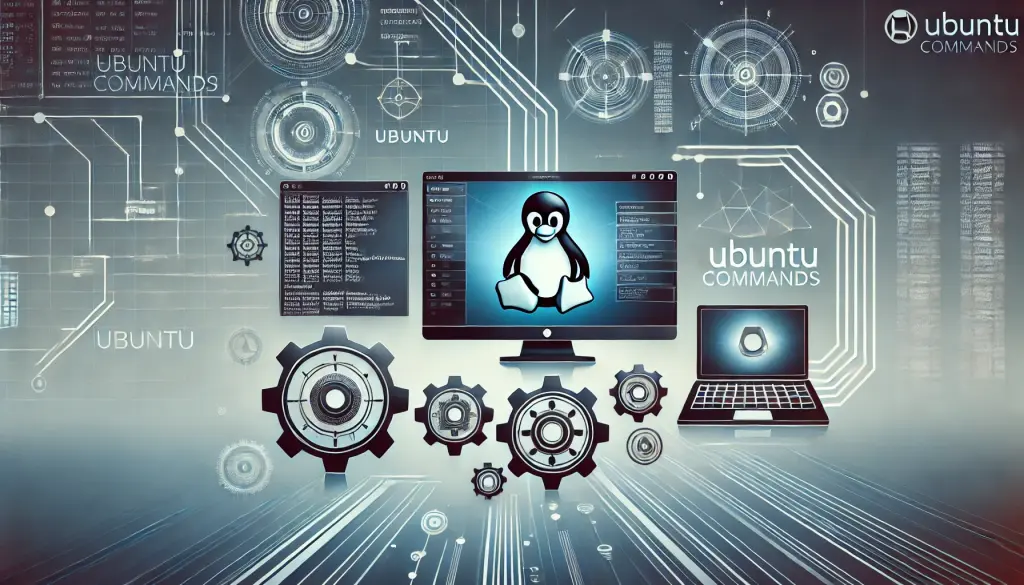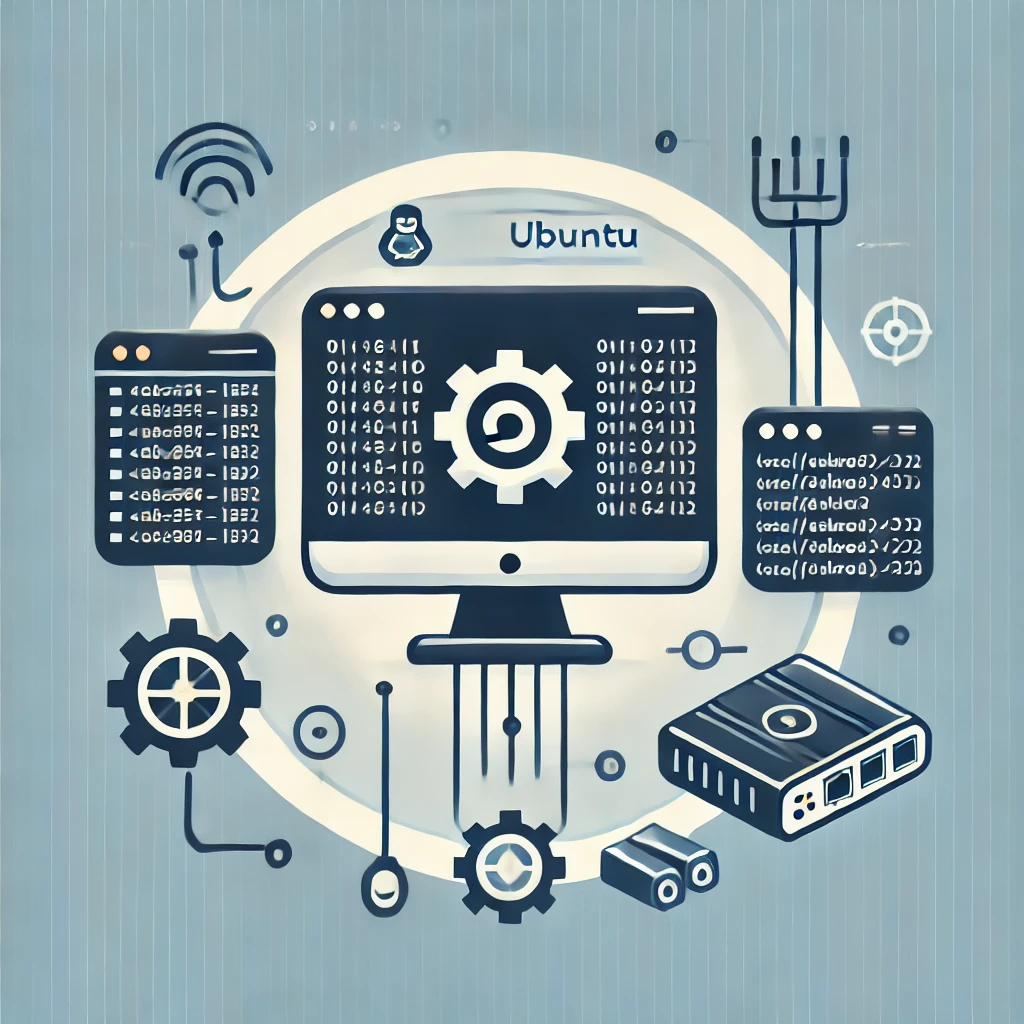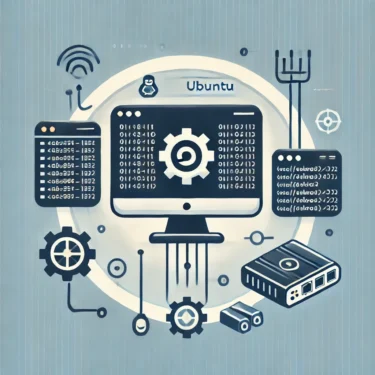- 1 1. The Importance of Ubuntu and Linux Commands
- 2 2. Basic File Operation Commands
- 3 3. Managing File and Directory Permissions
- 4 4. File Compression and Extraction Commands
- 5 5. Useful Commands for System Administration
- 6 6. Network Management Commands
- 7 7. Other Handy Commands
- 8 Mastering the Command Line to Fully Utilize Ubuntu
1. The Importance of Ubuntu and Linux Commands
When using Ubuntu, you may sometimes wonder if there’s a more efficient way to work. Learning command-line operations can significantly speed up your tasks and provide a deeper understanding of the system. For example, you can instantly search for files or monitor system status in real-time.
In this article, we will explain essential Ubuntu commands in a way that even beginners can enjoy learning. By including practical examples and useful options, you’ll discover just how powerful the command line can be—once you start using it, you might never go back!
2. Basic File Operation Commands
Using the command line in Ubuntu makes file management much faster. By understanding basic commands like cd, mkdir, and rm, you can easily handle file operations.
cd(Change Directory): Moves between directories.
cd /home/usernamemkdir(Make Directory): Creates a new directory (folder).
mkdir /home/username/Documents/newfolderrm(Remove): Deletes files or directories. Use the-ioption to confirm before deleting.
rm -i filenameThe rm command is powerful, especially when using the -r option to delete entire directories, so be careful.
3. Managing File and Directory Permissions
Managing file and directory permissions in Ubuntu is crucial for maintaining system security.
chmod(Change Mode): Modifies file permissions. To grant execute permission, use the following command:
chmod +x script.shchown(Change Owner): Changes the owner of files or directories. Use the-Roption to apply it to an entire directory.
chown -R username:groupname /path/to/directoryBy using these commands, you can flexibly manage access permissions for data in your system.

4. File Compression and Extraction Commands
In Ubuntu, file compression and extraction are commonly used to efficiently manage large amounts of data. The primary commands for this are tar and gzip.
tar: Creates an archive of an entire directory.
tar -cvf archive.tar /home/username/Documentsgzip: Compresses the archive created withtar.
gzip archive.tar- Extracting a
tarArchive: To extract a compressed archive, use the following command:
tar -xvf archive.tar.gzThis method helps save storage space while keeping files organized.
5. Useful Commands for System Administration
To monitor system performance in real-time, commands like top and free are incredibly useful.
top: Displays running processes and resource usage. Use thekillcommand to terminate a process if needed.
kill [PID]free: Checks memory usage.
free -hBy using these commands, you can always stay informed about your system’s status and quickly troubleshoot any issues.

6. Network Management Commands
When troubleshooting network issues, the following commands can be very helpful.
ping: Checks the status of a network connection.
ping google.comifconfig: Displays network interface settings and IP addresses.
ifconfignetstat: Shows current network connections and port usage.
netstat -tulnThese commands are useful when network connectivity is unstable or when you need to check active connections.
7. Other Handy Commands
Here are some additional commands that can help with everyday tasks.
history: Displays a history of executed commands.
historyman: Shows the manual for a command, explaining how to use it.
man [command]Using these commands can improve your workflow efficiency and help you quickly find solutions when needed.
Mastering the Command Line to Fully Utilize Ubuntu
By mastering the Ubuntu command line, you can greatly enhance system and network management efficiency. As you integrate these commands into your daily tasks, you’ll naturally become more proficient in advanced operations.
For further learning, check out the official Ubuntu documentation.



